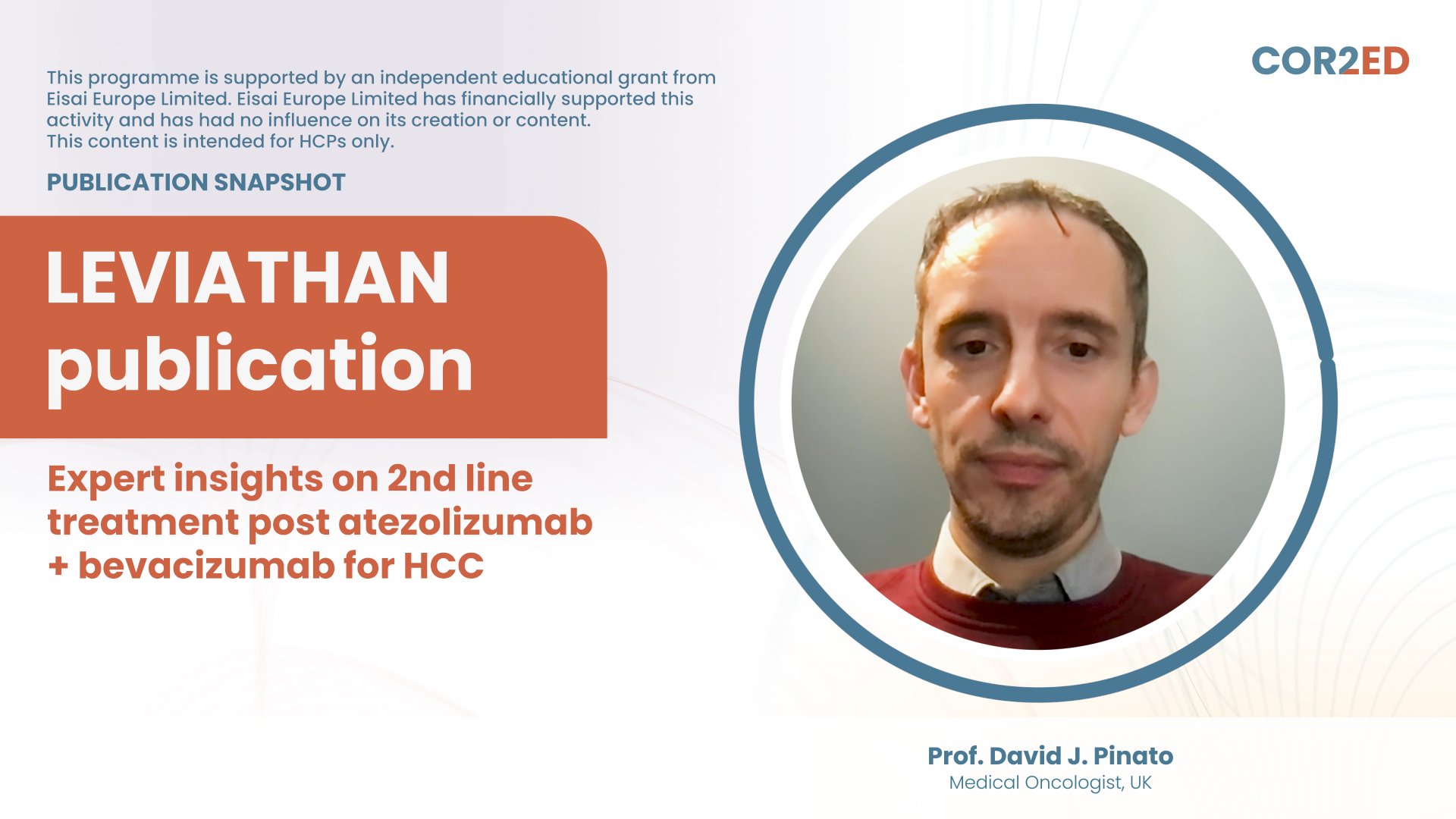In this second module of 2-part micro learning programme from medical oncologists, you'll refresh your knowledge and deepen your understanding of:
-
Pancreatic, gastric, rectal and appendiceal neuroendocrine tumours (NETs)
-
How to recognise the presenting symptoms of potential neuroendocrine tumour patients
-
The steps to take to diagnosis
-
The importance of referral to a NET centre of excellence
Access the video, resources and assessment below.
This module follows on from The Role of SSA at Progression- To Continue or Not? Complete both modules to earn a CME credit.
Clinical Takeaways
-
Recognising the symptoms of a potential NET can be challenging as presentation may be heterogenous, dependent on hormone secretion, and many patients have symptoms similar to those found in other conditions
-
Steps to diagnosis include symptom assessment, size, grade and stage of the tumour, whether the tumour is hormone-secreting and evaluation of predisposition to an underlying hereditary syndrome
-
Referral to a NET centre of excellence is advised to ensure comprehensive care by a multidisciplinary team, which provides access to advanced imaging techniques and innovative treatments for the earliest possible treatment of localised and advanced tumours
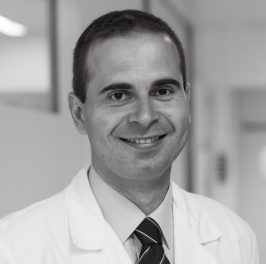
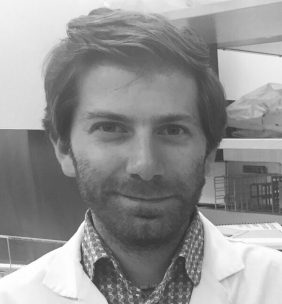
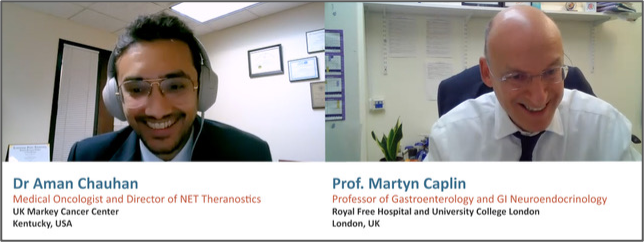
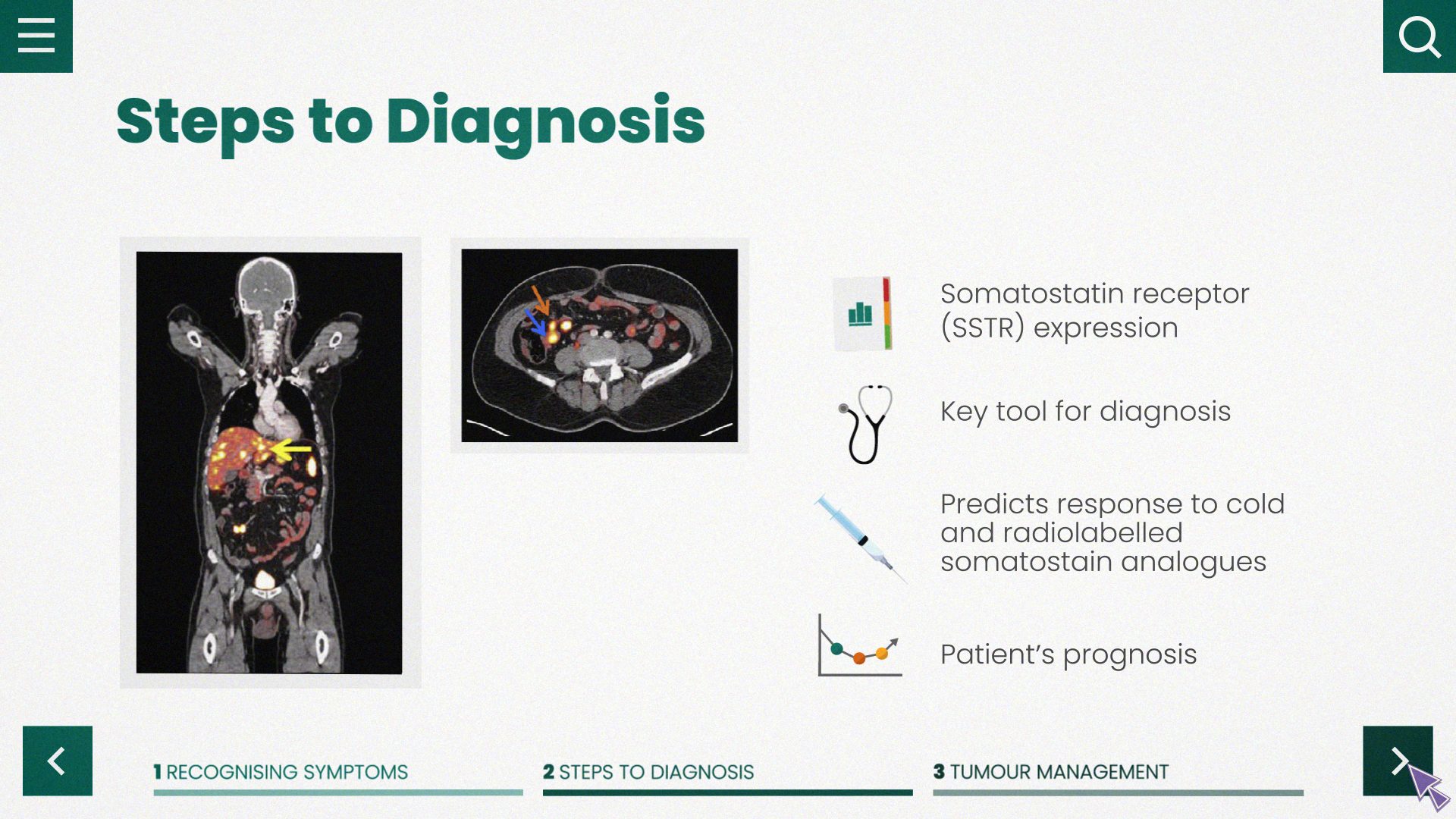
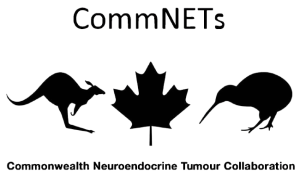

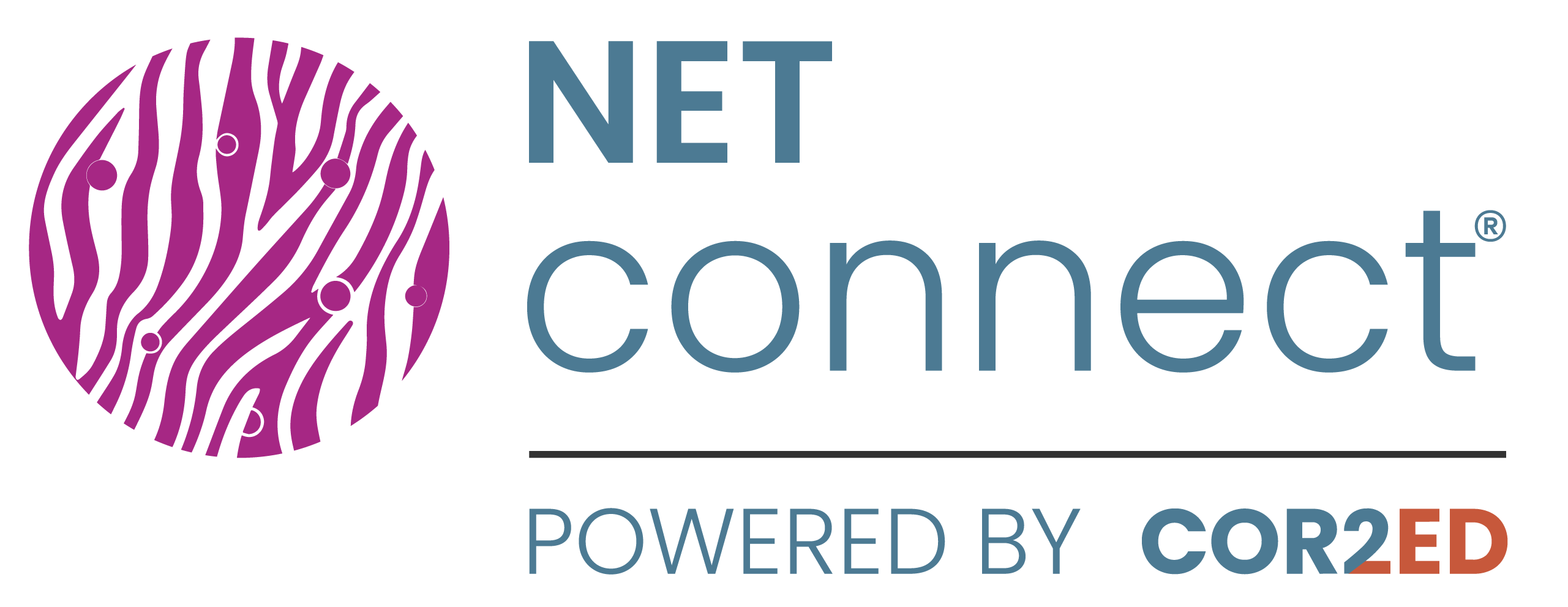


 Downloadable
Downloadable  6 MIN
6 MIN
 Dec 2025
Dec 2025 







